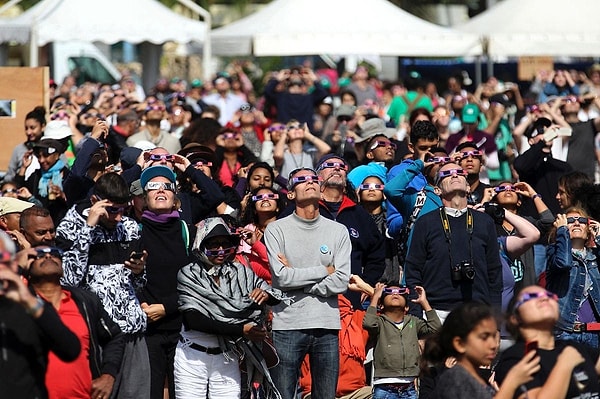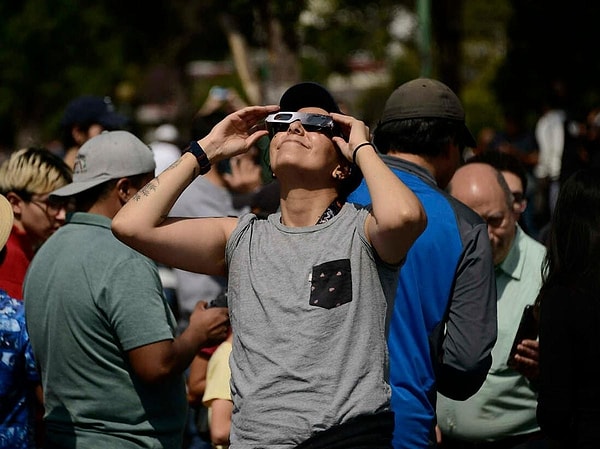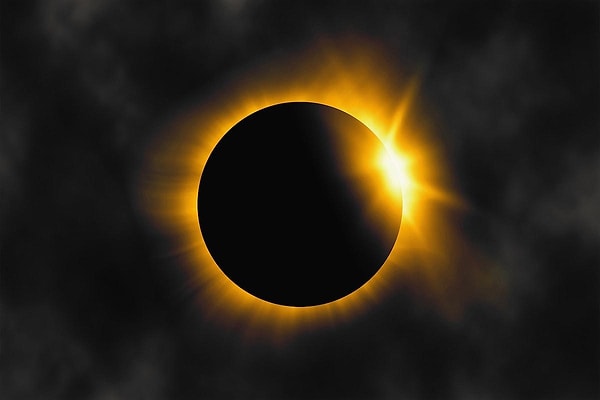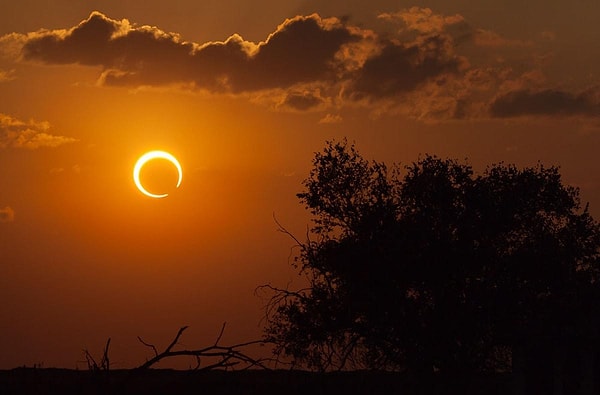What Happens If You Look at a Solar Eclipse Without Protection
Have you ever wondered what happens if you look at a solar eclipse without protection? It's commonly advised not to stare at the sun, especially during an eclipse. However, the risk isn't limited to eclipses; looking at the sun without proper eye protection can be harmful even on a regular day. Let's explore the potential consequences and why it's crucial to take precautions when observing celestial events like solar eclipses.
In recent days, a solar eclipse observable from some parts of America occurred, adding to our experiences of solar phenomena.

Throughout history, we've witnessed several solar eclipses, and memories of them often include solar glasses and films.
You've likely heard that it's essential not to observe a solar eclipse with the naked eye, and this caution extends beyond just having a clear view of the eclipse.

Even on a normal sunny day, we're aware of how bright the sun can be. According to Evrim Agaci, the brightness of the sun is equivalent to approximately 200 fluorescent lamps simultaneously illuminating our homes.
Specialized filtered glasses designed for eclipses or regular sunglasses are recommended for safely observing solar eclipses.

While darker films may appear to reduce sunlight, they don't provide adequate protection for your eyes. It's well-known that eclipse glasses offer significantly more protection than regular sunglasses. Even those using binoculars or a camera to observe the eclipse are advised to use a dark filter.
So, what happens if you look at a solar eclipse without protection?

Sunlight comprises more than just visible light. Therefore, while watching the eclipse through a film may seem protective, your eyes aren't fully shielded. Even if your eyes feel discomfort from the bright light during the eclipse, you may not fully sense the damage occurring. Watching a solar eclipse without proper equipment, such as viewing it with the naked eye, can even lead to permanent eye damage. A doctor from California likens looking at the sun with the naked eye to 'burning a piece of paper under the sun with a magnifying glass.'
"Our eyes are designed in such a way that all light is focused on a single point on the retina. So, looking directly at the sun is akin to trying to set your retina on fire."

American doctors note an increase in visits to eye doctors following solar eclipses. However, it's important to note that damage to the retina can manifest hours or even days later. A person named Nia Payne from New York looked at the eclipse for a few seconds with the naked eye and then continued watching with glasses that didn't have protective lenses. After observing the eclipse for 20 seconds, Payne mentioned experiencing blurriness in both eyes the next day and seeing only darkness in the center of her left eye.
In Van, Turkey, ten people who observed a solar eclipse with the naked eye on October 25, 2022, experienced vision loss.

Eye specialists like Op. Dr. Yusuf Evcimen emphasized the following points:
'This situation leads to permanent vision loss and damage, which is why we advise the public. During a solar eclipse, and even during normal times, wearing sunglasses is recommended because the sun emits ultraviolet wave rays. Therefore, we should not look at the sun with the naked eye for more than 15 seconds.
Unfortunately, there is no treatment for damage caused by looking at the sun. We recommend some dietary supplements and wearing sunglasses to our patients. The body itself can repair some damage in this area to some extent. However, the damage remaining after the sixth month unfortunately persists, and there is no treatment for it.'
Keşfet ile ziyaret ettiğin tüm kategorileri tek akışta gör!


Send Comment